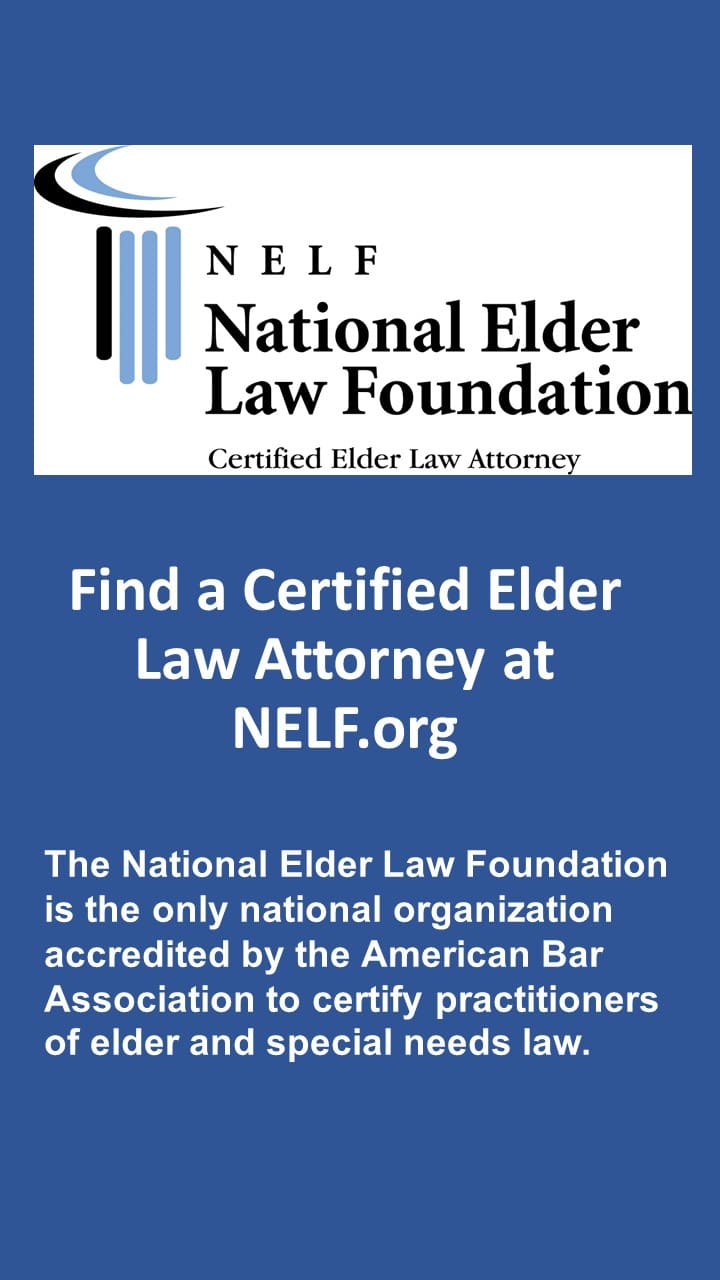On the Georgia Supreme Court’s Argument Calendar for May 18, 2021 is Clinch Healthcare Center Et. Al. v. Fountain, As Administrator of the Estate of LeRoy Wiggins (S20G1292). The Court’s Summary is as follows:
A nursing home and its owners are appealing a Georgia Court of Appeals decision that upheld Cobb County State Court’s denial of their motion to compel arbitration in a lawsuit filed by Minnie Fountain on behalf of her nephew, Leroy Wiggins. At issue, in this case, is whether a legal guardian appointed by a probate court and acting under letters of guardianship has the authority under Georgia Code § 29-4-23 (a) to enter into a pre-dispute arbitration agreement on behalf of a nursing home resident.
FACTS: Fountain was the court-appointed guardian of her nephew, Wiggins, an incapacitated adult, and in 2006, Letters of Guardianship of Adult Ward were issued to Fountain by the Clinch County Probate Court. In 2014, Fountain had Wiggins admitted to Clinch Healthcare Center, a skilled nursing facility in Homerville, GA. In connection with his admission, Fountain signed a Facility Admission Agreement, which contained an arbitration clause and a separate Arbitration Agreement. Fountain signed the Arbitration Agreement as the “Resident or Resident’s Representative.” Wiggins did not sign the Arbitration Agreement, and when Fountain signed it, she did not complete the portion of the form asking her to indicate the capacity in which she had signed. The agreement stated that “any and all claims or controversies arising out of or in any way relating to this Agreement or the
document.
In 2017, Fountain filed a lawsuit against the Clinch Healthcare Center, its corporate owners and operators, and its employees, alleging that they were negligent in their care of Wiggins. Specifically, the complaint alleged Clinch had failed to address the behavior of Wiggins’s roommate, who had sexually battered and assaulted Wiggins and other residents on multiple occasions. In response, Clinch filed a motion to compel arbitration and to stay the proceedings. The trial court denied the motion based on its conclusion that the Arbitration Agreement was “unconscionable” and that the arbitration clause in the Facility Admission Agreement was unenforceable because it did not state that acceptance of arbitration was not a precondition to admission. Clinch appealed to the Court of Appeals, the state’s intermediate appellate court, which upheld the trial court’s order, finding that Fountain had not had the authority to sign the arbitration agreement on Wiggins’s behalf. Clinch now appeals to the state Supreme Court.
ARGUMENTS: Attorneys for Clinch argue the Supreme Court should reverse the Court of Appeals opinion as both the appellate court and the trial court were wrong. “Under a correct interpretation of the Georgia adult guardianship code, a court-appointed guardian of an adult ward has the authority to enter into a pre-dispute arbitration agreement on the ward’s behalf,” the attorneys argue in briefs. The Court of Appeals erroneously interpreted Georgia’s adult guardianship statutes, they contend. “First, several sections of the adult guardianship code provide a guardian with authority to enter into a pre-dispute arbitration agreement on the ward’s behalf. The Court of Appeals created a limitation not found in the statutes’ broad text and unduly restricted the authority of court-appointed guardians. Second, the Court of Appeals’ holding fails to place arbitration agreements on equal footing with other contracts – thereby ignoring United States Supreme Court precedent, putting Georgia adult guardianship statutes in conflict with the Federal Arbitration Act, and inviting preemption by the Federal Arbitration Act. Third, the Court of Appeals’ erroneous interpretation of Georgia adult guardianship statutes diminishes and potentially will burden guardians and probate courts.” Attorneys for Fountain argue that the Court of Appeals decision should be upheld. The Court of Appeals correctly concluded that Fountain lacked the authority to sign a pre-dispute arbitration agreement for her ward. “Neither the Guardianship Code nor the Letters of Guardianship authorized Minnie Fountain to sign a gratuitous, pre-dispute arbitration agreement unconnected to her ward’s support, care, education, health, or welfare,” they argue in briefs.
“Clinch’s motion to compel arbitration in this nursing home abuse case was correctly denied by the trial court.”
Attorneys for Appellants (Clinch): Kevin Quirk, Kellie Holt
Attorneys for Appellee (Fountain): Michael Terry, Jennifer Peterson, Bethany Schneider,
Katherine Hughes, Gretchen Wagner
In CL SNF, LLC v. Fountain, 312 Ga. 416 (9/21/2021), the Georgia Supreme Court held that Georgia’s Guardianship Code grants a guardian authority to enter into a binding pre-dispute arbitration agreement where the exercise of such power is reasonably necessary to provide adequately for the ward’s support, care, health, and welfare. Although the letters of guardianship did not explicitly address whether Fountain had the authority to enter into a pre-dispute arbitration agreement, they did provide that it was the guardian’s duty “to see that the ward is adequately fed, clothed, sheltered and cared for, and that the ward receives all necessary medical attention. Looking to the Code, the Court held that when OCGA §§ 29-4-22 and -23 are construed together, they impose significant duties on the guardian to make arrangements for the ward’s care and grant the guardian expansive, though not unlimited, powers to do so. Despite the Code making no specific authorization to enter into arbitration agreements, the Court concluded that such a power is one that is “reasonably necessary” to adequately provide for the ward under OCGA § 29-4-23(a)(4).
Subsequent History:
CL SNF, LLC v. Fountain (Ga. Ct. App. 6/21/2022) (Reversing prior decision regarding nursing home arbitration agreement in light of Georgia Supreme Court’s decision in CL SNF, LLC v. Fountain, 312 Ga. 416)
Resources:
- D. McGuffey, Nursing Home Arbitration Agreements (2004)
- Kindred Nursing Centers, v. Clark (U.S. 2017)
- W, Smith & R. Schenk, A Brief History of Mandatory Arbitration Clauses in Nursing Homes and the Current State of the Law
- D. McGuffey, Marmet Health Care Center v. Brown: Nursing Home Arbitration Agreements (NAELA Journal 2012)





